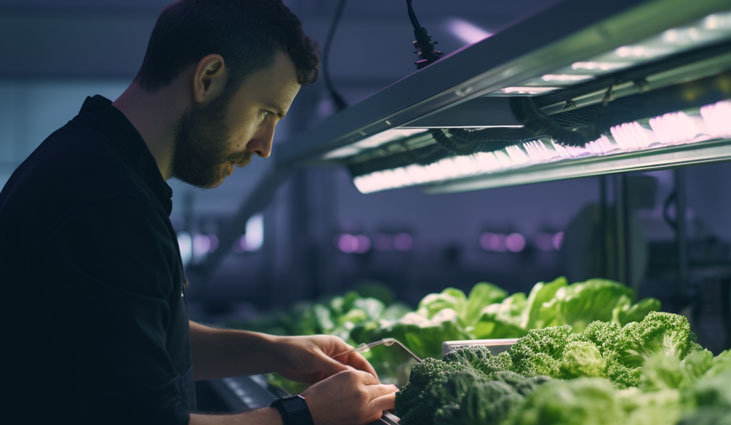Food manufacturing is a complex process that involves the use of various technical gear. The essentials include evaporators and compressors, each having vital roles in maintaining product quality. This article unpacks the role of evaporator coils in food manufacturing, the functionality of compressors, and essential equipment beyond the basics. Furthermore, we delve into the importance of maintaining reliable equipment in food production processes and provide maintenance tips for prolonging the efficiency of your food manufacturing equipment.
Unpacking the Role of Evaporator Coils in Food Manufacturing
The food manufacturing process involves a wide range of steps, from raw ingredient processing to packaging. One essential component of this process is the use of evaporator coils. These coils are vital in the food preservation process, as they aid in refrigeration and freezing.
Evaporator coils work by transferring heat from the product or environment to a refrigerant fluid, which then undergoes the evaporation process. This reflects their critical role in achieving the desired temperature levels in both food production and storage facilities.
The materials used to construct these coils must be strong enough to withstand this heat transfer process. They should also resist corrosion and other damage that could reduce their effectiveness.
Deciphering the Functionality of Compressors in the Food Industry
Another critical component in the food production sector is the compressor. This equipment is crucial in several food production and processing operations, including cooling, freeze-drying, and packaging.
Compressors function by decreasing the volume of the refrigerant gas, subsequently increasing its pressure and temperature. The gas then cycles through the system, providing continuous cooling needed in food production and storage facilities.
The efficiency of a compressor significantly influences the manufacturing process’s performance. Therefore, it’s essential to invest in high-quality compressors that provide reliable functioning and have a long lifespan.
Different types of compressors exist, each with its unique features and applications. The choice of compressor type depends on the specific needs of the food production process.
Essential Equipment in Food Manufacturing: Beyond the Basics
Apart from evaporators and compressors, other essential equipment has a significant role in food manufacturing. These include conveyor belts, mixers, heat exchangers, and more.
Conveyor belts, for example, are necessary for transporting raw materials and finished products throughout the production facility. Mixers, on the other hand, ensure the homogeneity of the ingredients to attain the desired product quality and food safety.
Heat exchangers play a critical role in cooling and heating processes during food manufacturing. Their functioning can significantly influence the final product’s quality and shelf life, underscoring their importance in the equipment chain.
Keeping this machinery in top shape guarantees consistent product qualities and sustains operational efficiencies. Consequently, manufacturers should prioritize routine maintenance and prompt repairs when necessary.
Why Reliable Equipment Matters in Food Production Processes

The reliability of equipment in food production processes significantly determines the quality of the final product. Faulty machinery can lead to inefficiencies, compromised quality, and in worst-case scenarios, potential food health risks.
For instance, malfunctioning evaporator coils could result in improper cooling, which may damage the food product’s quality. Similarly, a faulty compressor may lead to inadequate refrigeration levels, compromising food safety.
Therefore, it’s vital to ensure all equipment used in the food manufacturing process, from the evaporator coils to the compressors, is reliable and efficient. Regular inspection and maintenance can go a long way in preventing premature equipment failure.
Investing in reliable equipment not only ensures product quality and safety but also enhances operational efficiency and overall business profitability.
Undoubtedly, the importance of evaporator coils, compressors, and other vital machinery in food manufacturing cannot be overstated. The dependability of these tools plays a pivotal role in ensuring product quality and safety. Therefore, just as it’s essential to invest in their initial setup, it’s equally imperative to allocate resources for their consistent maintenance and upkeep.






